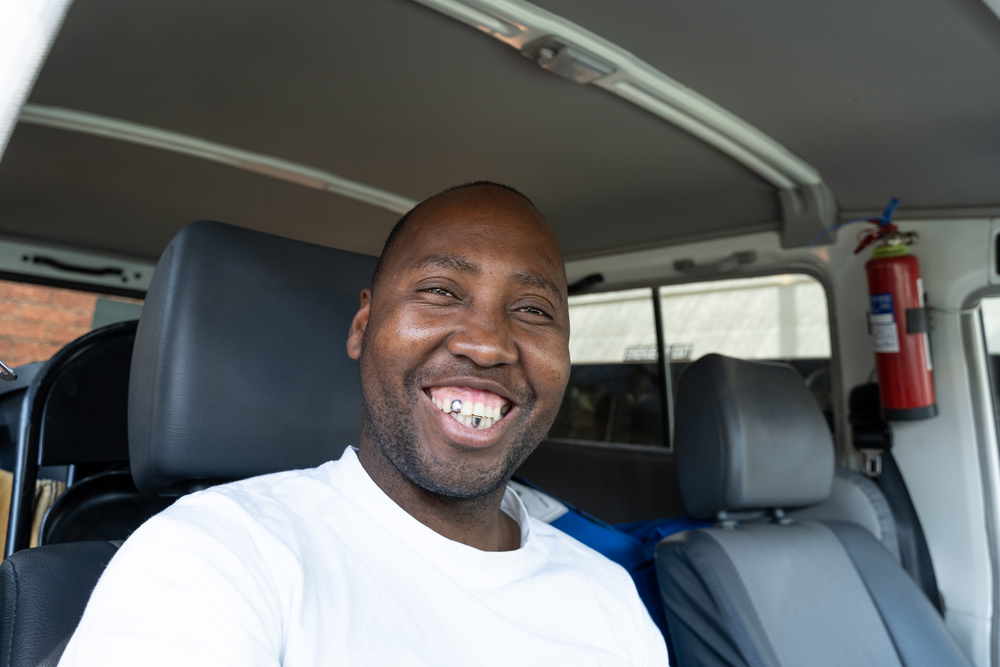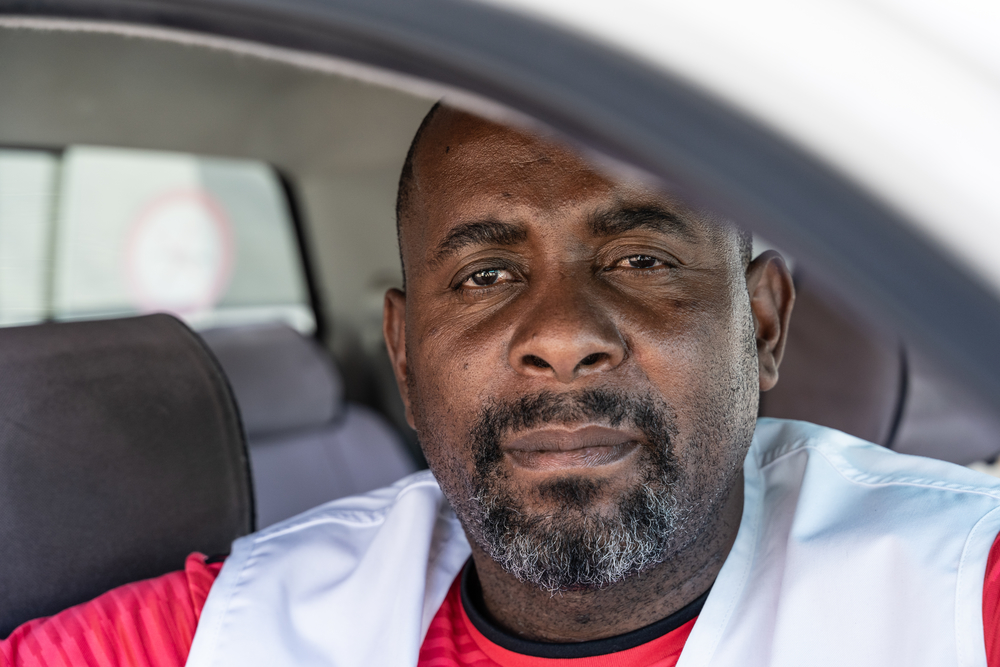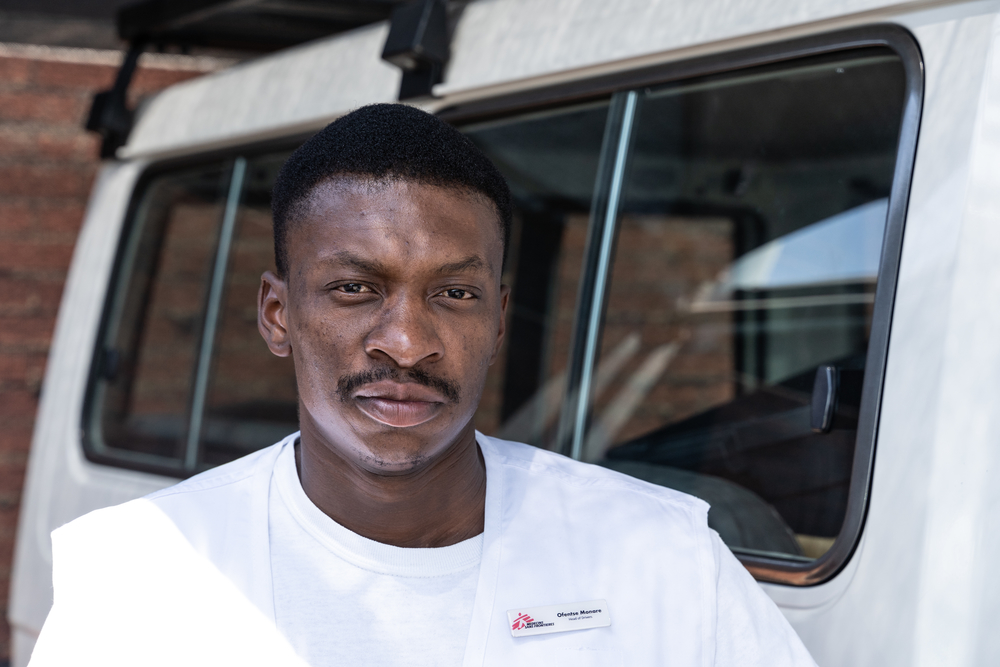Lebogang Seketema – known as Lebo - knows the pain and suffering that sexual violence can cause those who experience it. His sister was molested by a neighbor when she was nine years old. There was little access to care back then, and the family chose to put it behind them.
Lebo has also worked for three years as a driver in a sexual and gender-based violence project run by Doctors Without Borders/MSF in Rustenburg in the heart of South Africa’s platinum mining belt. In the informal settlements that lie sprawled around the area’s mines, men outnumber women by 120 to 100. A potent mix of historical structural violence, economic hardship and traditional gender dynamics mean many women, especially those with children, are dependent on male partners for survival. This leaves many vulnerable to sexual and gender-based violence.



